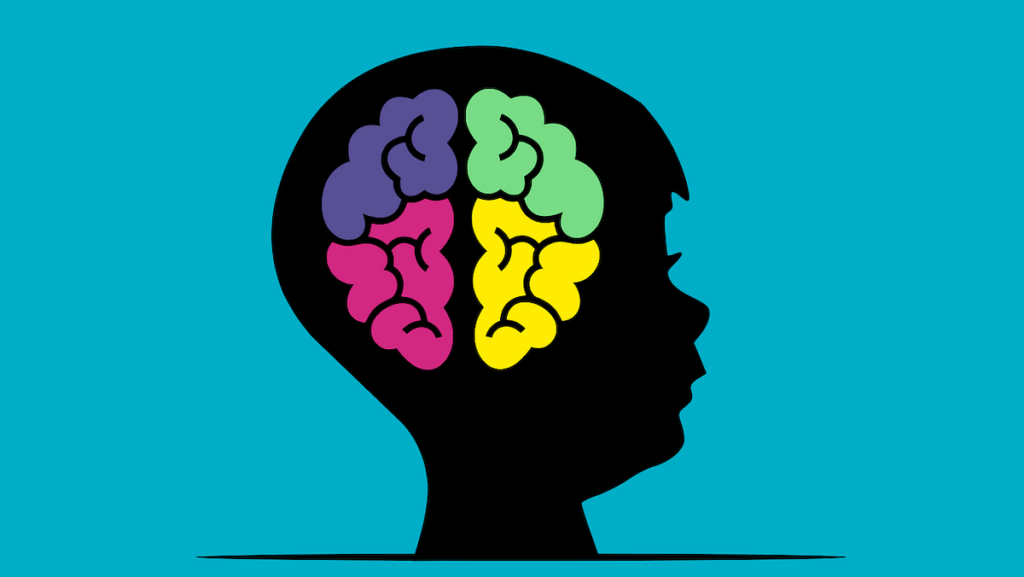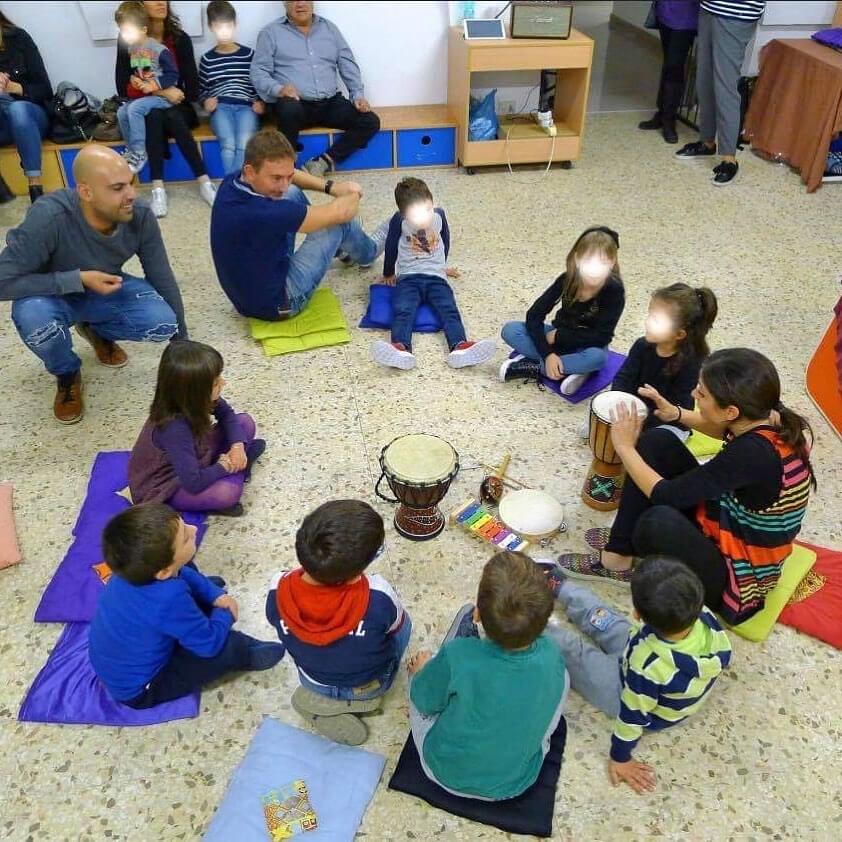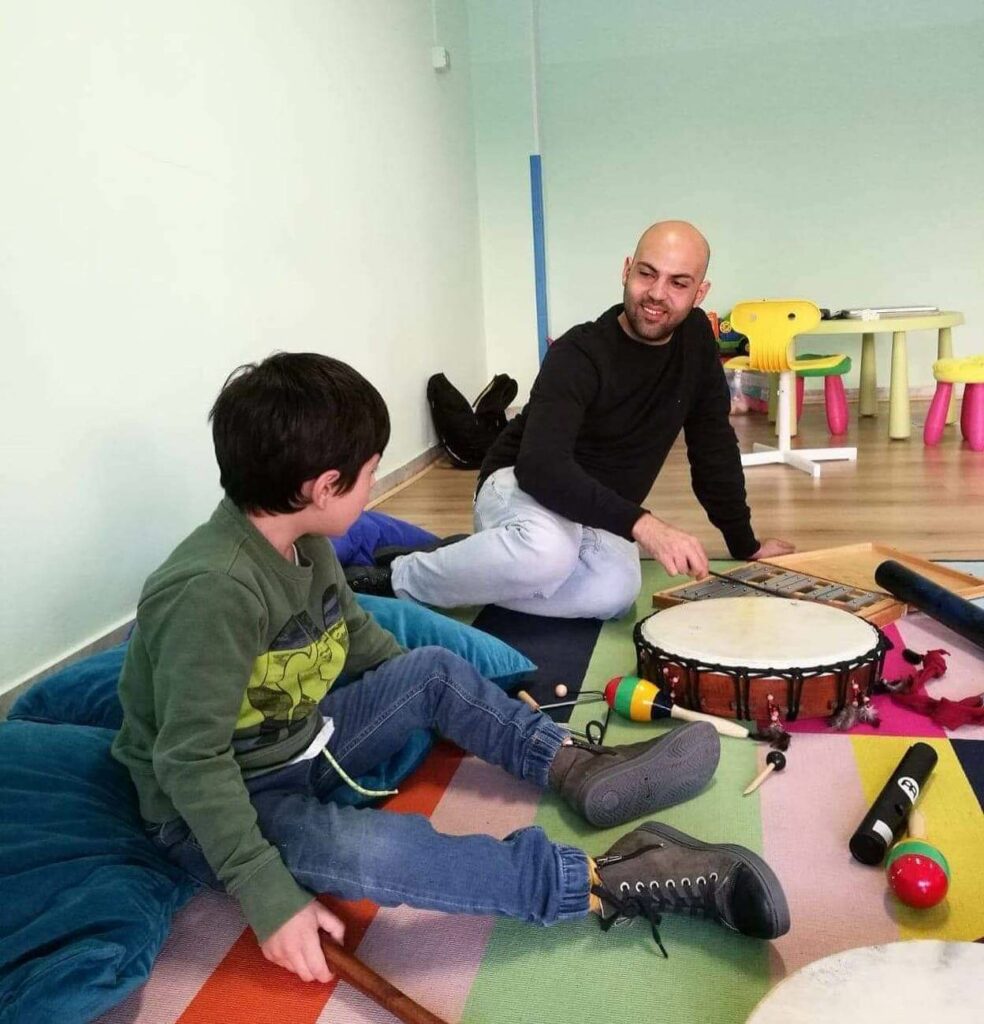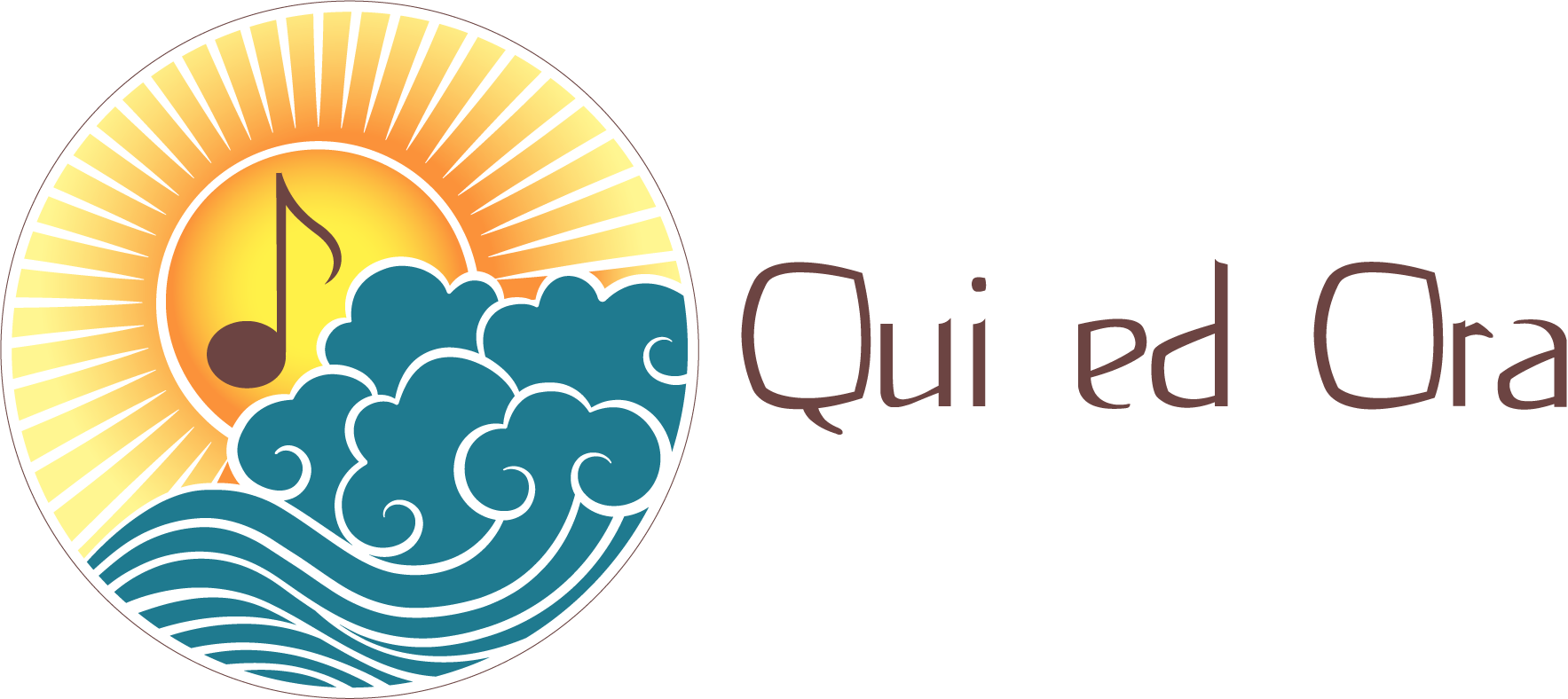Your cart is currently empty!
Music therapy has been used effectively to address a wide range of issues for individuals with ASD, such as social communication skills, physical coordination, and emotional regulation. ASD symptoms can be challenging to manage, and traditional treatments such as medication, behavioral therapy, and speech-language therapy can be limited in their efficacy. Therefore, music therapy provides an alternative treatment option that is unique in its use of sound, rhythm, and melody to stimulate cognitive, emotional, and social processing.
How Music Therapy works
The basic principles of music therapy are rooted in the concept of entrainment, where two or more entities synchronize to the same cycle. Music production and listening, in particular, have been known to entrain body movements, language impulses, and synchronize neural activity. Thus, music has shown to be a valuable tool for building social and emotional connections, which is particularly important for individuals with ASD.
Music therapy uses music and its elements as a rehabilitation and therapeutic tool in motor and cognitive disabilities and more. Click here and find out more.

How Music affects the Brain
Music affects the brain in various ways and can promote the development of neural networks involved in language, communication, motor, and emotional processing. For example, music stimulates the amygdala, a brain region that processes emotions and is directly linked to vocal processing areas; hence, musical training has been known to enhance speech perception in individuals with ASD. Studies have also shown that when listening to music, both individuals with ASD and their typically developing peers demonstrate similar brain activity, indicating a shared neural response to music.
Another benefit of music therapy is its versatility in reaching and engaging individuals with unique needs, preferences, and experiences. Music therapy can be tailored to the individual’s needs, interests, and sensory preferences; for instance, using visuals aids, such as videos and pictures, can enhance music appreciation for individuals who are visually-oriented. Likewise, incorporating rhythm or tonal preferences, as well as movement or tactile sensory inputs, can increase engagement for individuals who are sensitive to these features.

In addition, music therapy has been known to improve social and communication skills in individuals with ASD. Research shows that music interventions can improve turn-taking skills, eye contact, and joint attention. Music therapy also uses improvisation and other novel experiences to cultivate creative thinking, problem-solving, and self-expression, which is crucial for individuals with ASD who often have difficulties with flexible thinking and creative problem-solving. Improvisation also enables individuals with ASD to express themselves in a nonverbal way, which is valuable for individuals who have limited speech or language skills. Therefore, music creates a non-judgmental medium for creative expression that fosters self-esteem and confidence in individuals with ASD.
Despite the promising findings of music therapy research in ASD, there is still much to be learned about the mechanisms of action and ideal treatment protocols. For example, more research is needed on the long-term effects of music therapy interventions and how they compare to other interventions. Furthermore, it is essential to address individual differences, including age, diagnosis, comorbidities, and sensory preferences, when designing and implementing music therapy interventions.

Music Therapy as an innovative and holistic intervention for Autism
In conclusion, music therapy is an innovative and holistic intervention for individuals with ASD. Research shows that it addresses a wide range of needs, including social communication skills, emotional regulation, and physical coordination.
The unique properties of music, including its ability to stimulate neural and physiological responses, make it an effective tool for promoting cognitive, social, and emotional development in individuals with ASD.







